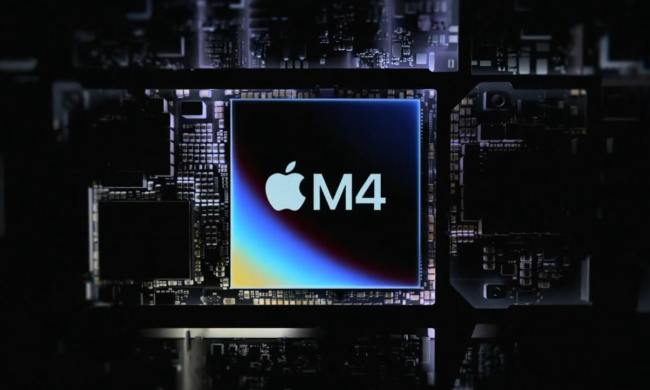
U.S. District Judge Liam O’Grady has ruled that Twitter must disclose information about three account holders to federal prosecutors as they pursue an ongoing investigation into Wikileaks. The three accounts in question belong to Icelandic parliament member Birgitta Jónsdóttir, Dutch computer expert Rop Gonggrijp, and Jacob Appelbaum, a Wikileaks volunteer from Seattle, Washington. Twitter has been ordered to hand over information including email addresses, IP addresses, and private messages associated with the accounts.
In ordering Twitter comply with the Justice Department’s request, O’Grady specifically rejected the account-owners’ assertions that the Justice Department request violated their rights under the Fourth Amendment by seeking information without a warrant. According to O’Grady, the three users relinquished their expectation of privacy under third-party doctrine when they volunteered that information to Twitter through their use of the service.
“Petitioners knew or should have known that their I.P. information was subject to examination by Twitter, so they had a lessened expectation of privacy in that information, particularly in light of their apparent consent to the Twitter terms of service and privacy policy,” Judge O’Grady wrote.
In an op-ed piece published in the UK’s Guardian, Birgitta Jónsdóttir called for governments to articulate and protect human rights online.
“What I have learned about my lack of rights in the last few months is of concern for everyone who uses the internet and calls for actions to raise people’s awareness about their legal rights and ways to improve legal guidelines about digital media, be it locally or globally,” Jónsdótti wrote. “If someone wanted to go through all my regular mail, they would have to obtain a search warrant in advance. No such thing happened in the Twitter case. I am, according to the U.S. Justice Department, not under a criminal investigation, yet its officials demanded Twitter surrender my personal messages and IP numbers without my knowledge.”
O’Grady’s ruling re-affirms a decision last March from a federal judge, who also rules that Twitter must hand over the information. Attorneys for the account-holders appealed that decision. The Justice Department initially requested the information in January 2011.
The Justice Department has not laid any charges, or even disclosed the nature of its investigation. However, the request for information on the Twitter users is widely believed to be related to efforts to bring charges against Wikileaks for publishing the contents of selected U.S. diplomatic cables.


